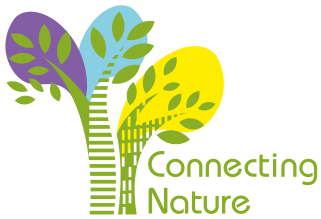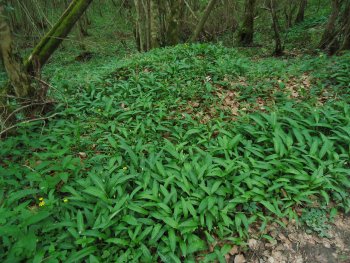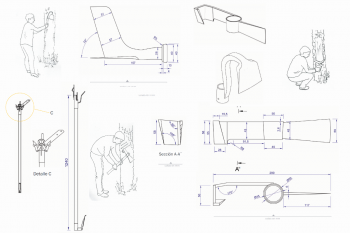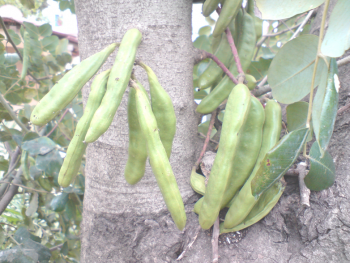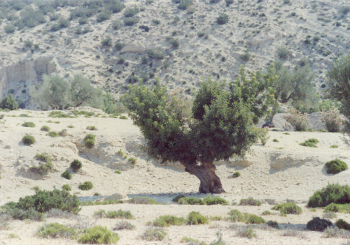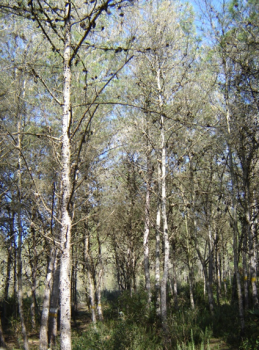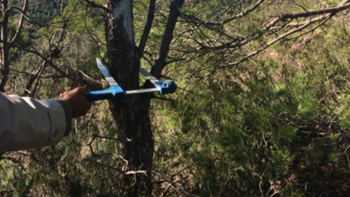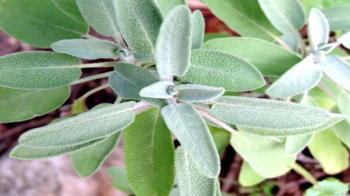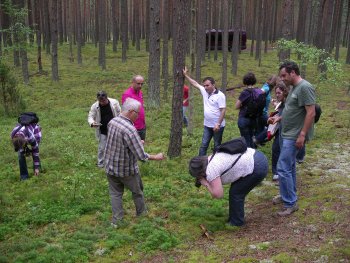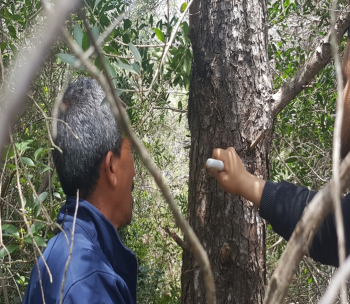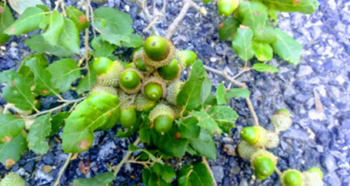Project PyCup: responsible practices for professional picking. An example of sustainable supply in AMP value chain
Submitted by Raphael Bec on 23 July 2020The PyCuP project is supporting the Pyrenean stakeholders in their reflexion and efforts toward a regulation of picking practices, for a sustainable valuation of the local wild plant resources. It aims at answering the main questions of the public about the role of such activities in a “wild mountain”. Therefore, the project creates awareness about the issues of these natural resources’ exploitation.
